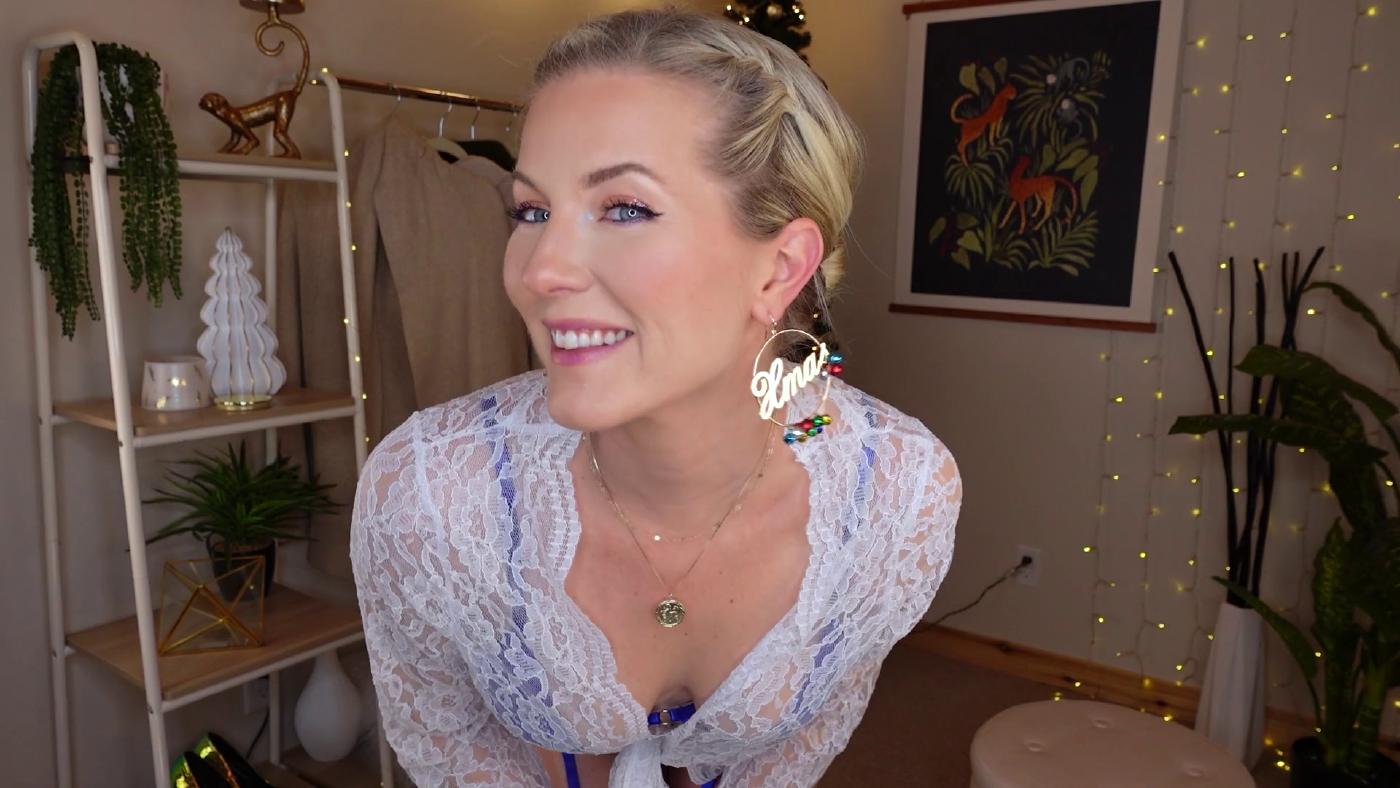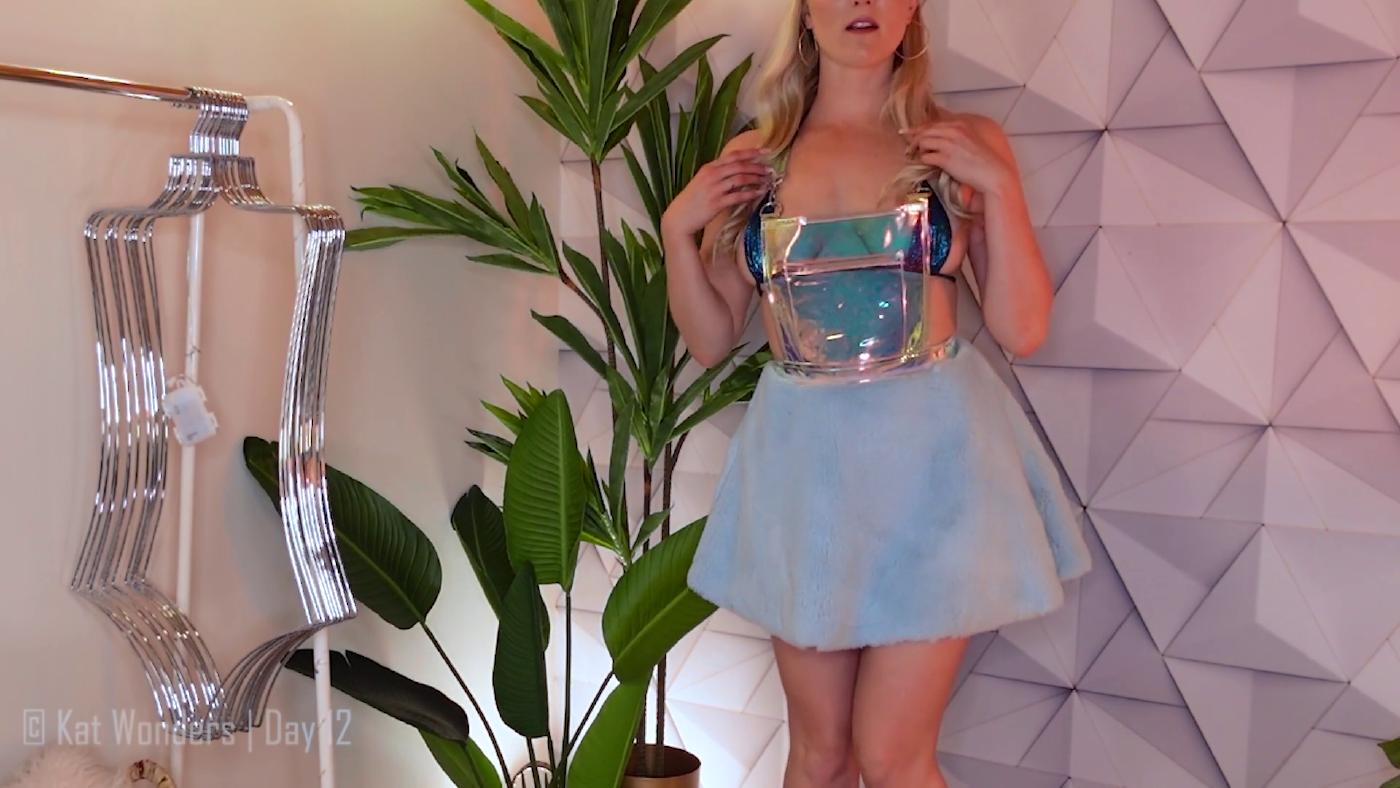Influencers Gone Wild: The Dangers & Impact On Society
Is the relentless pursuit of online fame eroding our moral compass? The rise of "influencers gone wild" is a symptom of a deeper societal shift, where the quest for likes and shares often trumps ethical considerations, blurring the lines between entertainment and exploitation.
The digital landscape, once envisioned as a platform for connection and information sharing, has morphed into a battleground where influencers constantly vie for attention. They navigate this landscape by pushing boundaries, sometimes venturing into territories deemed irresponsible or dangerous, all in the name of virality and audience engagement. This phenomenon, often encapsulated by the term "influencers gone wild," presents a complex challenge to our understanding of celebrity, responsibility, and the evolving nature of cultural influence.
Let's delve deeper into this complex phenomenon to understand its ramifications and implications.
| Aspect | Details |
|---|---|
| Definition of "Influencers Gone Wild" | An umbrella term encompassing online creators who engage in irresponsible, risky, or controversial behavior to gain attention and increase their popularity. This often involves actions that violate ethical standards or potentially break the law. |
| Common Behaviors |
|
| Motivations |
|
| Impact |
|
| Examples |
|
| Underlying Factors |
|
| Consequences |
|
| Ethical Considerations |
|
| Mitigating Measures |
|
| Long-term effects |
|
| Reference | Adweek Article on Influencers Gone Wild |
The phrase "influencers gone wild" encompasses a range of actions, often characterized by a blatant disregard for social norms, ethical considerations, or even legal boundaries. This can manifest in numerous ways: from participating in illegal stunts and promoting dangerous products to creating offensive material that incites hatred or disrespects cultural sensitivities. Public displays of indecency or engaging in activities that endanger themselves or others are also hallmarks of this trend. The common thread is a calculated pursuit of attention, driven by the desire for virality, increased engagement, and ultimately, greater financial gain or enhanced influence.
The motivation behind this behavior is complex. Influencers face immense pressure to create engaging content that captures the fleeting attention of their audiences. The algorithm-driven nature of platforms like TikTok, Instagram, and YouTube rewards sensationalism, often prioritizing content that is shocking, controversial, or easily shareable. This creates a competitive environment where influencers feel compelled to "one-up" each other, pushing the limits of acceptable behavior in an attempt to stand out from the crowd. They are driven by the need to maintain relevance, boost their follower count, and secure lucrative brand deals or other income streams.
It's important to recognize the significant power influencers wield. As they gain fame, they shape societal values, influence consumer trends, and contribute to cultural conversations. Their actions have real-world consequences, impacting everything from consumer spending to social perceptions of beauty, health, and relationships. This makes their ethical conduct crucial. However, not all influencers uphold these standards, leading to instances where their influence is misused.
The consequences of "influencers gone wild" are multifaceted. Firstly, there is the erosion of ethical boundaries. When influencers normalize irresponsible or dangerous behavior, they risk desensitizing their audiences and potentially inspiring copycat actions. Secondly, there's the spread of misinformation and potentially dangerous trends, particularly regarding health, finance, or personal safety. Thirdly, influencers can face significant legal repercussions. They may be subject to fines, lawsuits, or even criminal charges depending on the nature of their actions. Additionally, their reputation can be severely damaged, leading to loss of brand partnerships, public backlash, and a decline in their influence. The emotional and psychological toll on both the influencer and their audience should not be underestimated. Younger viewers, in particular, are susceptible to being influenced by these actions.
This shift is making us rethink what being famous means, as the actions of these influencers are influencing our perceptions of right and wrong. Their actions are changing how we make and watch content, and we need to consider how these influences are shaping our culture and our society.
The term "influencers gone wild" serves as an umbrella for a vast array of behaviors that violate ethical standards and potentially break the law. It is imperative to understand the nuances of this phenomenon, so that we may develop strategies that promote responsible behavior and hold influencers accountable for their actions.
The phenomenon of "influencers gone wild" presents a complex challenge to the ethics of content creation in the digital age. There is a need for greater public awareness, more robust platform regulations, and a critical assessment of the responsibilities that come with wielding significant influence. The conversation around "influencers gone wild" is a crucial one, highlighting the constant need for ethical guidelines in the dynamic world of social media. The question remains: How can we balance the pursuit of online fame with the imperative to uphold ethical standards?


